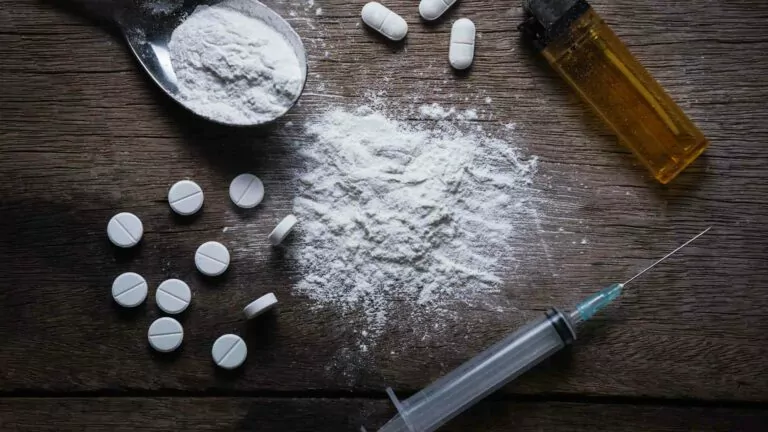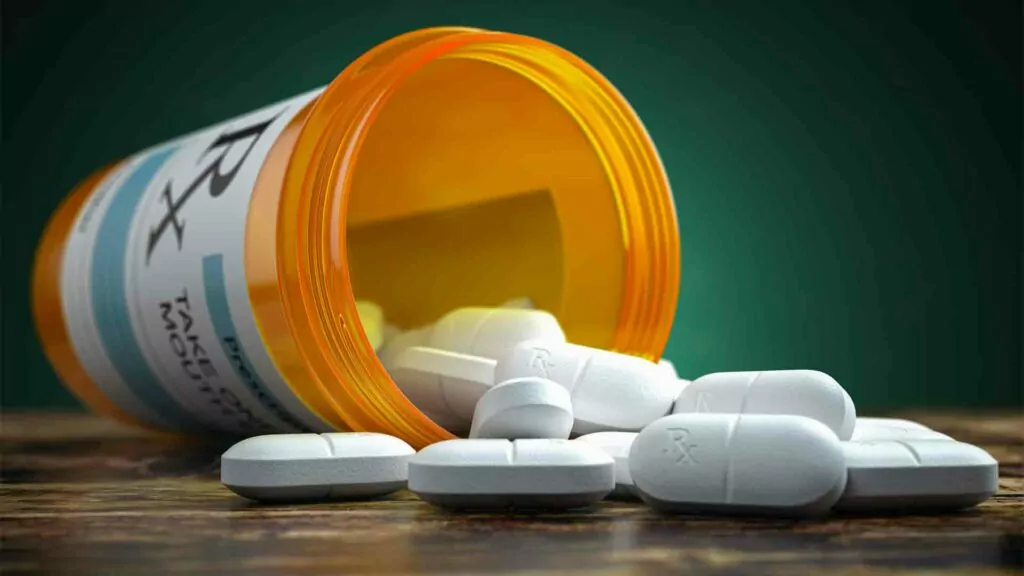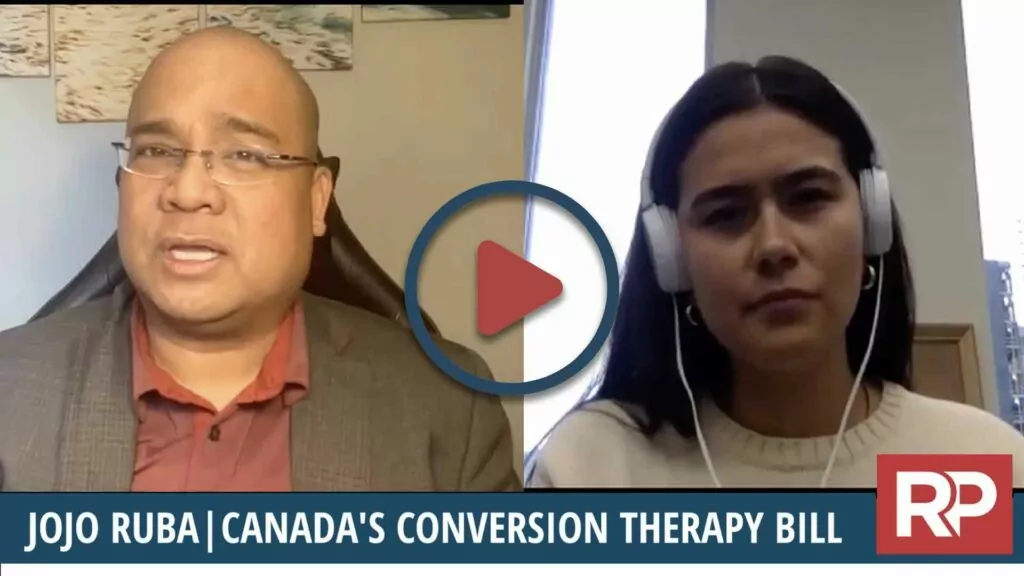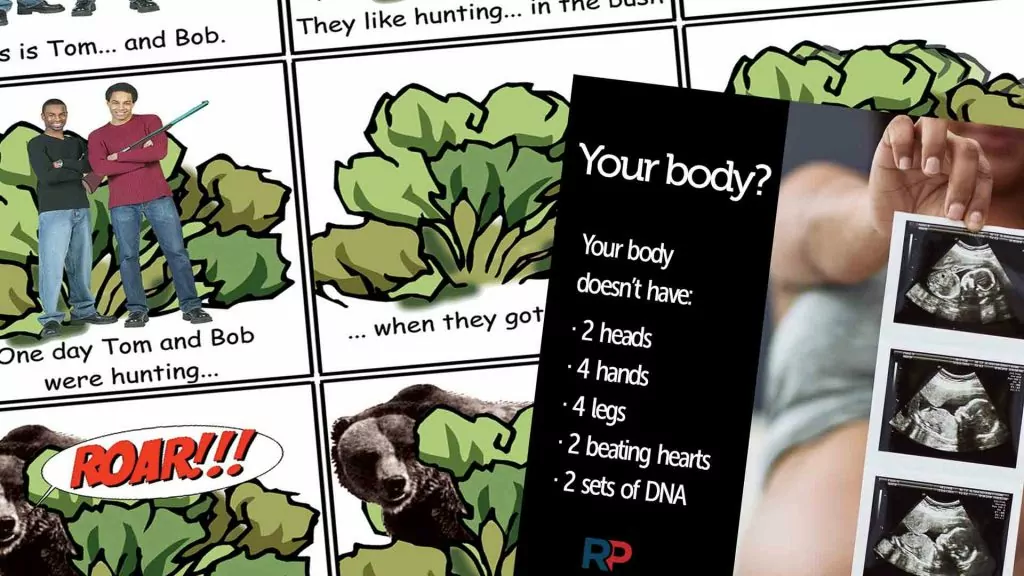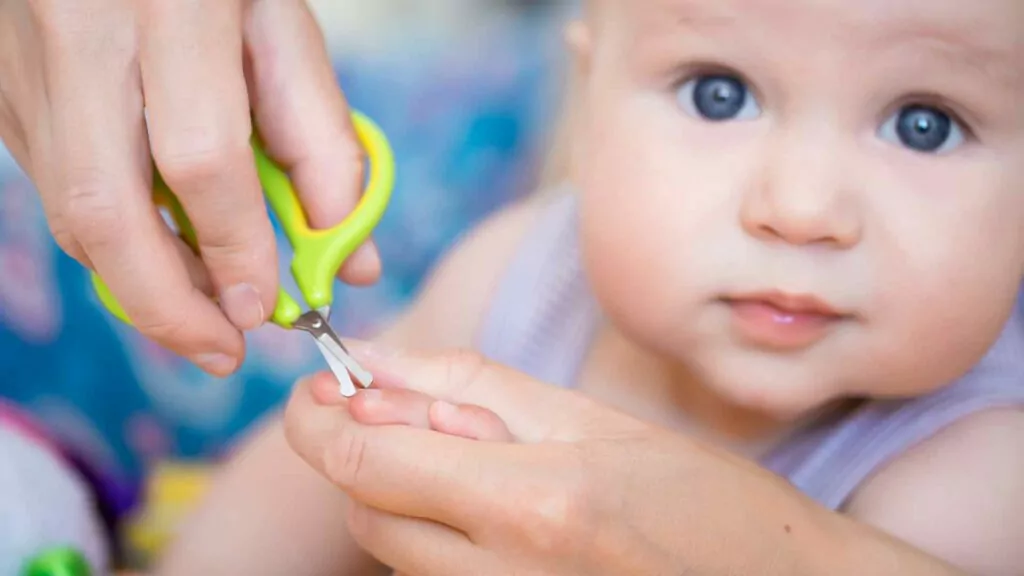“America’s most radical experiment with drug decriminalization has ended, after more than three years of painful results,” The Atlantic reported in early April. Increased overdose deaths and “chaos in the streets” has the state of Oregon going back to criminalizing hard drugs.
When the state decided to decriminalize drugs in 2020, 59 percent of voters supported it. Decriminalization advocates wanted to focus on a strategy of reducing the harm that drugs cause to users. Over $260 million was spent on services to help make this a reality.
Three years later, 64 percent now want to go back, with support particularly strong among African American and Hispanic Oregonians. The New York Times reported that a wide range of officials supported a rollback in policy, citing surging homelessness, street protests, “an exodus of downtown businesses, record numbers of homicides, the rapid spread of fentanyl and soaring overdose deaths.”
British Columbia followed Oregon’s lead by decriminalizing many hard drugs in 2023. Adults in possession of heroin, fentanyl, crack, meth, ecstasy, and some other hard drugs, so long as they are for personal use, will not be charged. This is an experiment being run until 2026. The province’s NDP government is already being criticized by mayors of smaller cities in the province who are reporting public disorder similar to what’s been experienced in Oregon. Yet BC is pressing on with its experiment.
An underlying motivation for decriminalizing hard drugs and providing “safe supply” of drugs, even at the taxpayers’ expense, is the belief that drug problems will lessen if we ditch the stigma associated with drug use. If we stop treating it as shameful and immoral, then, so the argument goes, more people might seek treatment. But as Romans 7 teaches us, the law plays an important role “in order that sin might be recognized as sin.” Secular society may succeed in changing its laws to reduce the stigma of sin, but as we’re seeing in Oregon, making sin seem less sinful isn’t the answer. That will only serve to hold sinners in bondage further. What is needed is something that the law can never accomplish. “Who will rescue me from this body that is subject to death? Thanks be to God, who delivers me through Jesus Christ our Lord!” (Romans 7:24-25).







